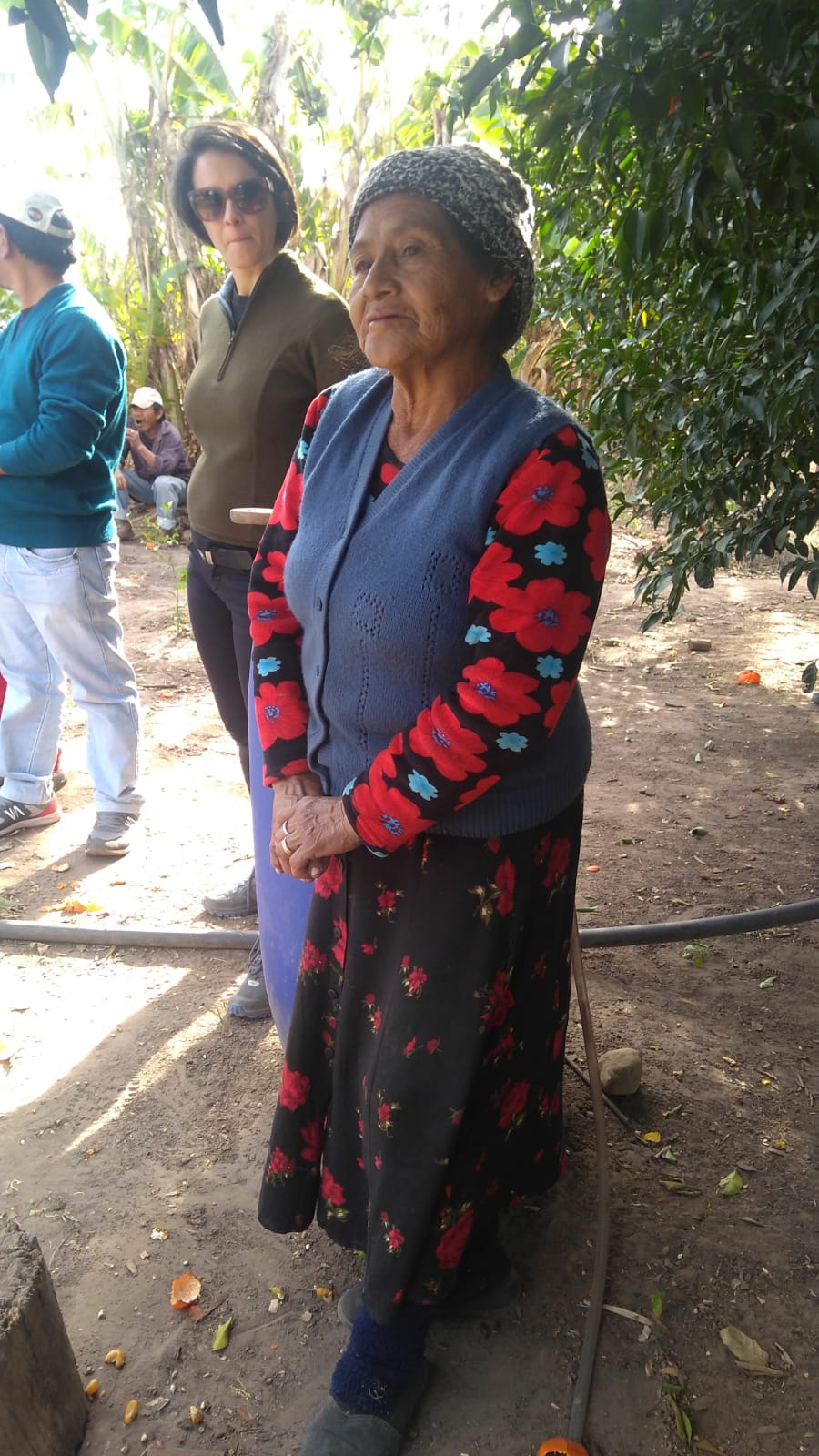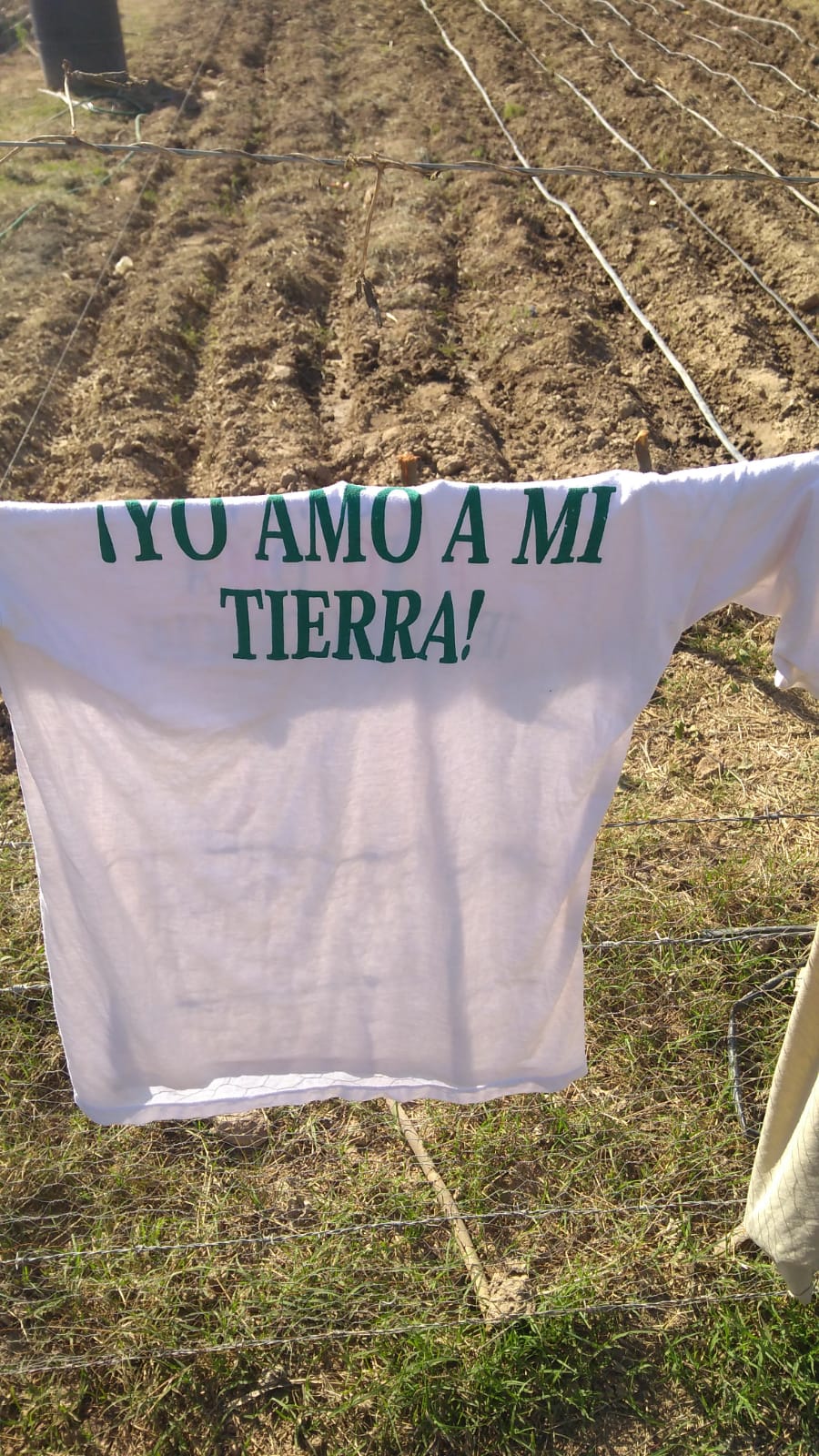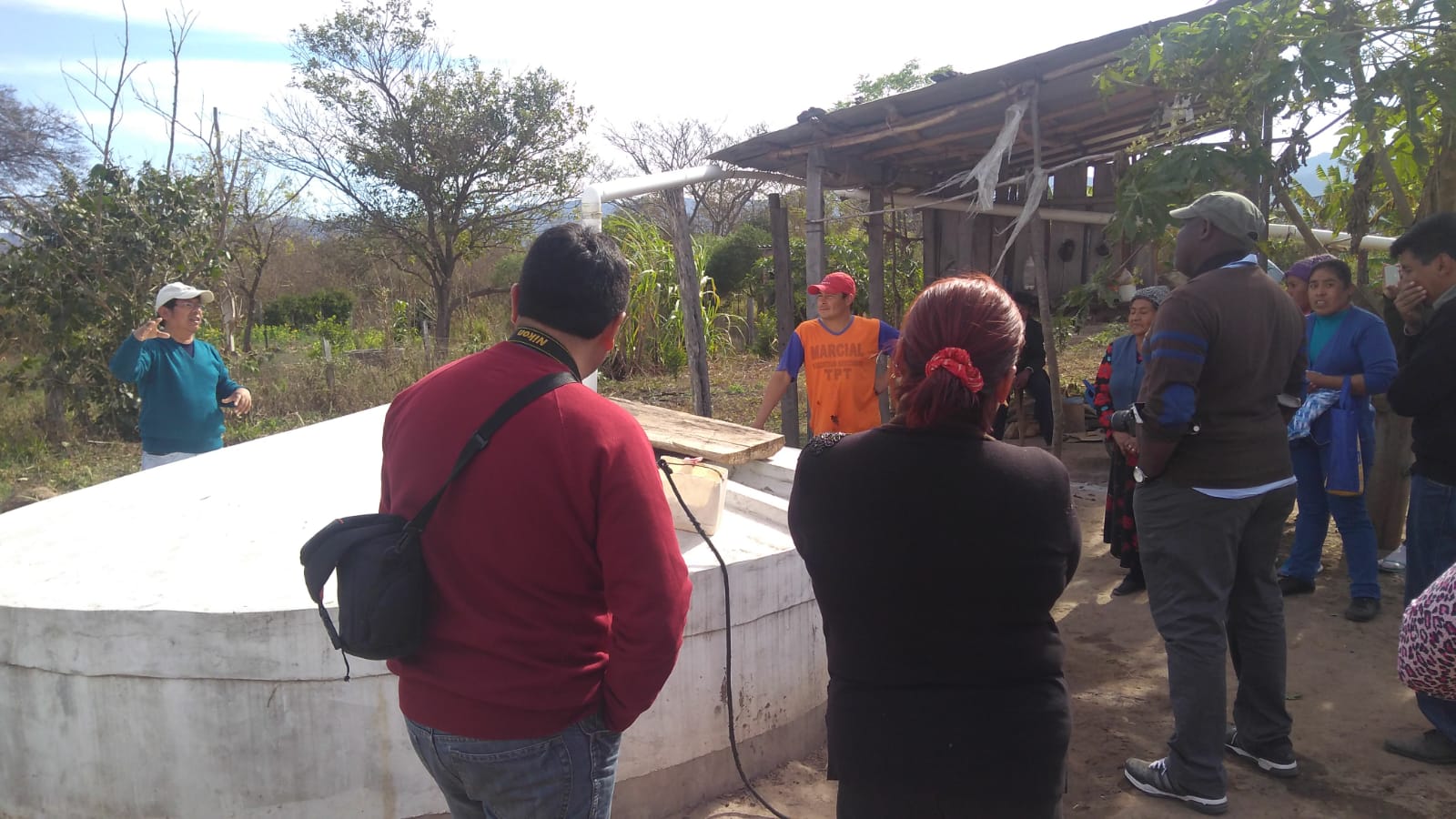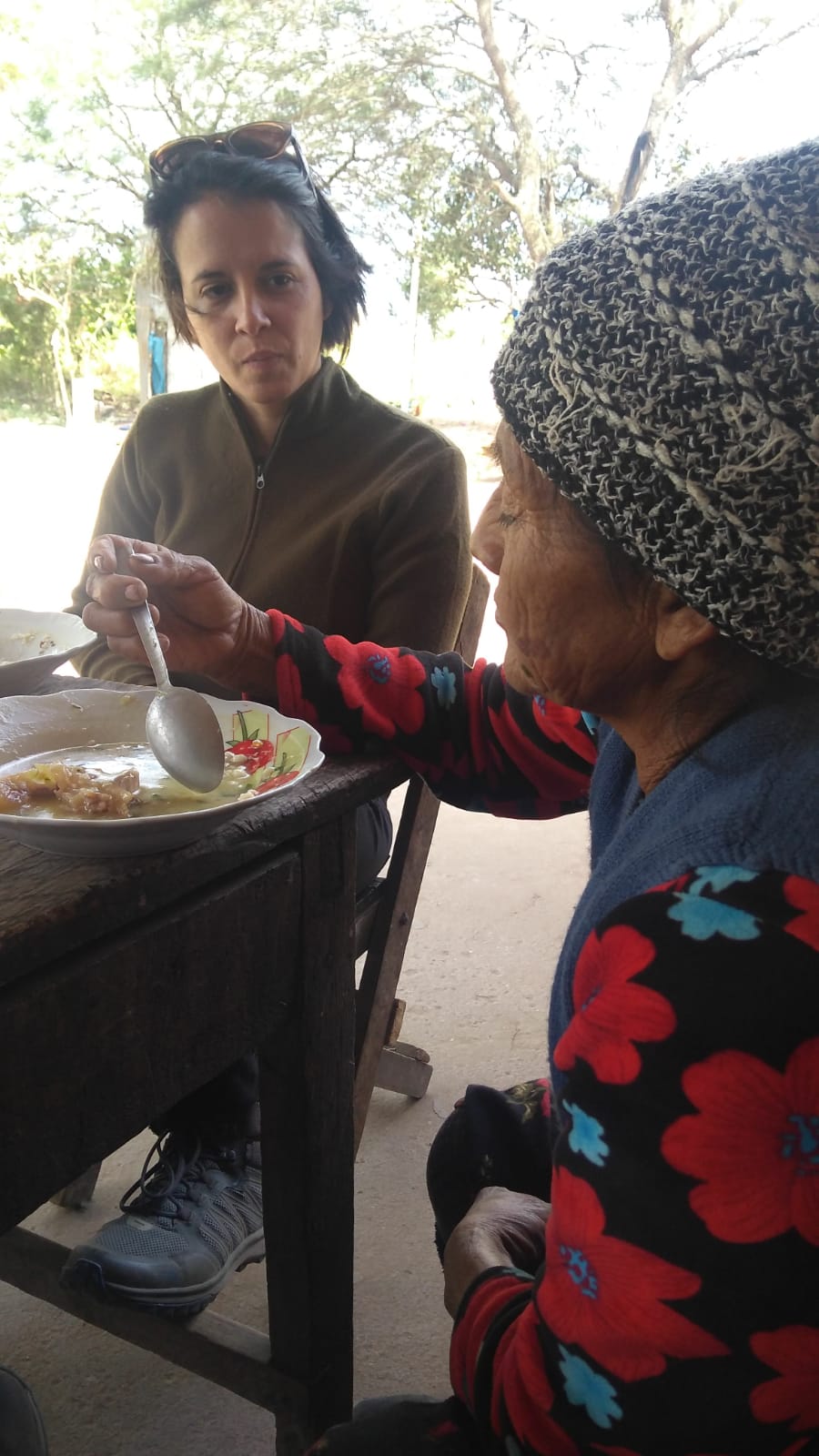A Letter from Dennis and Maribel Smith, with Dennis serving as Regional Liaison for South America, based in Argentina
August 2018
Write to Dennis Smith
Write to Maribel Smith
Individuals: Give online to E200481 for Dennis and Maribel Smith’s sending and support
Congregations: Give to D503801 for Dennis and Maribel Smith’s sending and support
Churches are asked to send donations through your congregation’s normal receiving site (this is usually your presbytery)
So much has changed.
Doña Lindaura remembers when they moved across the land with the seasons. Life on this vast savannah known as the Chaco was harsh, sometimes brutal, but the Weenhayek people could rely on nature’s abundance for food.
Over countless generations, her people had learned to hunt, to fish, to gather seeds and fruits from the wild. She learned about herbal medicines and how to dye and weave natural fibers into useful things, things of beauty.
We are near Yacuiba, in the department of Tarija in southern Bolivia, near the border with Argentina. Cold in winter, scorching hot in summer, the Chaco covers more than a million square kilometers of Bolivia, Argentina, and Paraguay. Several indigenous groups live in this sparsely populated region, including the Guaraní, the Qom and the Wichí or Weenhayek peoples.
Land here had always belonged to the whole community. But then the cattle ranchers came and, with them, fences. With the fences came hunger and thirst. An ancient way of life began to disappear.
This is not a romantic tale of longing for the past. No one questions how hard life had been. But then, there had been a sense of order to the universe; one knew what to expect.
An early struggle was for the land itself. The struggle to put limits on the cattle ranchers and soybean farmers began decades ago. The indigenous peoples insisted: “This land belongs to all of us, to our sons and daughters, to their sons and daughters. The land is who we are, it gives us dignity.”
Social change is hard, slow work; to confront powerful economic and political interests, more so. The indigenous communities found an ally in CERDET (Centro de Estudios Regionales para el Desarrollo de Tarija), a local civil society group staffed by young lawyers and technicians who were willing to join in this struggle.
Demands were met with threats. The indigenous communities resisted, blocking roads. They built broader alliances, then negotiated. Slowly, a new normal began to take shape. But the political and economic realities were such that the ranchers, farmers, and their fences were not going away. Not only that, as roads were built, other indigenous people immigrated from the highlands, bringing commerce, seeking opportunity.
One institution that helped to sustain the struggle was the church. The little Pentecostal church found in most communities provided a space where traditional leadership structures were preserved, together with an understanding that God walked with them.
The fences brought hunger and thirst. And so CERDET began to teach people to grow organic gardens, totally free of the deadly poisons used by the big farmers. They brought in methods from Brazil’s arid northeast and taught people to harvest rainwater and store it in underground cisterns. Even when the summer heat surges to 120° F, the water comes up cool and pure.
As Doña Lindaura and her neighbors — mostly her extended family — tell this story, she remembers that she used to be shy. Never would she have had the confidence to share all this with strangers. But as her husband, a woodcarver and leader of the community, began to attend training workshops, she began to tag along. She found her voice and came to understand that she had something to say.
Because Presbyterians do mission in partnership, you are part of this story. For almost 20 years, the Presbyterian Church (U.S.A.) has been present in the Chaco through Church World Service (CWS), our ecumenical partner. One program that CWS supports is CERDET. Through CWS, the (PC)USA has supported programs to fight hunger in the Chaco. Your church may participate in one of CWS’s respected CROP Hunger Walks.
On this visit, I joined Valery Nodem of the Presbyterian Hunger Program and Agustina Ramos, the CWS program officer for the Chaco, to visit CERDET and many of the indigenous communities where they work.
The world is a big place, and by doing mission in partnership with trusted, effective ecumenical partners, we exercise good stewardship and demonstrate our faithfulness to the way of Jesus.
Family news
This month, Alan, our first grandchild, celebrates his first birthday. He and his parents live in Louisville. In September, I will be in Louisville for a training held every two years for all regional liaisons. After the training, Maribel and Benjamin will join me, and we’ll gather the family to celebrate this delightful event. Maribel’s mom will also be joining us. It will be her first chance to meet this great grandchild!
We are deeply grateful to have you as part of our mission family. Thank you for your prayers and financial support. Our lives are deeply enriched by the opportunity to walk with our mission partners in South America as they seek to be faithful to the Gospel, and it is our joy to share with you how God is at work in this region.
Under the Mercy,
Dennis & Maribel Smith
![]() You may freely reuse and distribute this article in its entirety for non-commercial purposes in any medium. Please include author attribution, photography credits, and a link to the original article. This work is licensed under a Creative Commons Attribution-NonCommercial-NoDeratives 4.0 International License.
You may freely reuse and distribute this article in its entirety for non-commercial purposes in any medium. Please include author attribution, photography credits, and a link to the original article. This work is licensed under a Creative Commons Attribution-NonCommercial-NoDeratives 4.0 International License.



